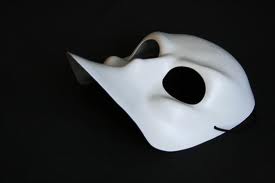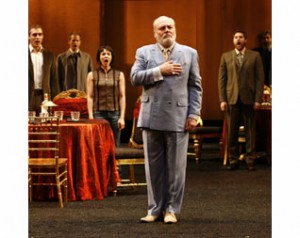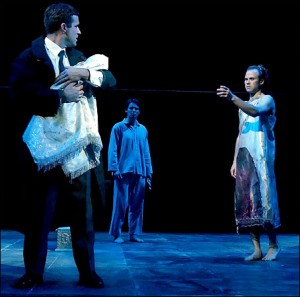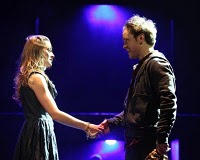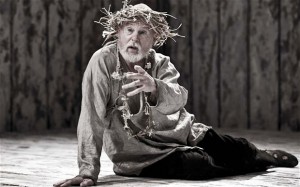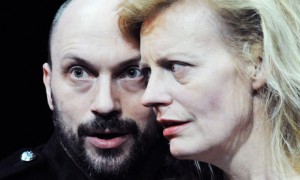![]()
It’s nice to have great students! Here’s a link about some new productions featuring St John’s doctoral student Tara Bradway, and her theater company, the Adirondack Shakespeare Co.
With the “Justice Project,” the company will bring two plays to the St. John’s campus, Measure for Measure and Merchant of Venice, playing in rep the next Fri and Sat nights, first on the Manhattan campus (Feb 10-11) and then at the Law School in Queens (Feb 17-18). They are also putting on a panel about law and performance on Fri Feb 17 around noon.
More details can be found via Tara’s blog.
Please come! I’ll be there at least next Sat night for Merchant with my daughter Olivia, who loved their production of The Tempest last winter.
